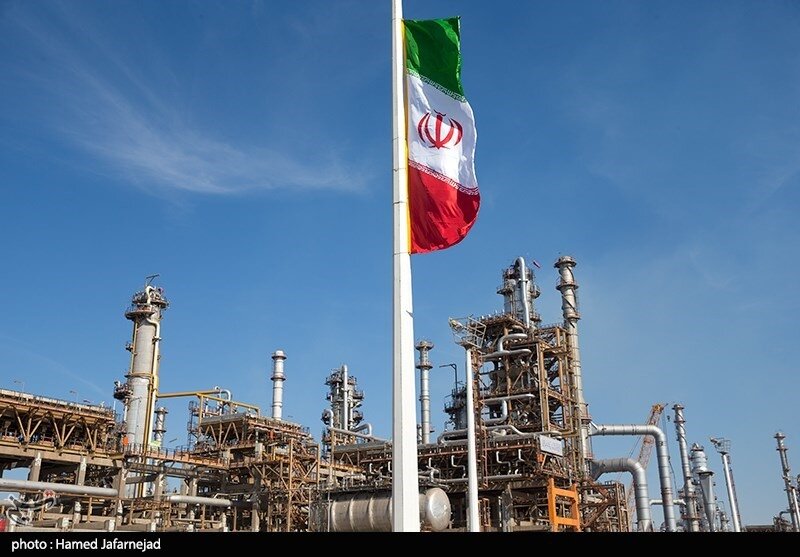Iran’s resilient economy priority projects yielding fruit in sanctions era

TEHRAN – It has been years since Iran decided to pursue a “resilient economy” that is less dependent on oil, and more focused on developing other aspects like refining, petrochemicals and industry.
In this regard, the Iranian government has been defining several prioritized projects each year under the framework of a plan for moving toward the prospects of the oil-free resilient economy, and a Resilient Economy Command Headquarters has also been established to supervise the affairs related to these projects and ensure a smooth and continuous movement toward the mentioned goals.
Now, few years after the implementation of this program, and with numerous macro projects going operational across the country, the significance of this wise decision is starting to show. Despite all the pressures imposed by external factors like the U.S. sanctions and the outbreak of the coronavirus, the Iranian economy has become resilient enough to withstand the hardships.
The income and revenues of some of the mentioned projects are also helping fill the budget deficit created by the decline in the country’s oil exports due to the U.S. sanctions and the falling oil prices in the global markets.
Priority projects
Every year, the Secretariat of the Resilient Economy Command Headquarters assigns each ministry with a number of prioritized projects and the ministries are obliged to follow up on the implementation of the mentioned projects.
In the previous Iranian calendar year (ended on March 19), 76 projects were introduced and implemented across the country, and in the current calendar year, too, 110 prioritized projects have been defined for the country’s ministries to pursue.
This year’s projects cover a variety of areas including the development of the country’s refineries and petrochemical plants, development of electronic services and systems, the expansion of the country’s highway network, reviewing and reforming the higher education system, as well as developing the production of medicinal plants, etc.
According to the First Vice President Es’haq Jahangiri, these national priority projects are always determined carefully and based on the basic needs of the country, and usually, the implementation of these projects is effective in preventing the outflow of currency or in the development of exports.
“Out of 110 prioritized projects for the current year, 60 projects have gone operational,” the official said in a meeting of the Resilient Economy Headquarters on Monday.
Persian Gulf Star Refinery
As mentioned earlier, prioritized projects that have been defined based on the needs of the country have now started to bear fruit and their positive impact on the country’s economy is clearly sensible in the current economic condition.
“The selection of national priority projects of the resistance economy has been based on detailed and purposeful studies, and fortunately today we see that these projects such as the Persian Gulf Star refinery have had many positive effects on the country’s economy during the sanctions,” Jahangiri said in the said meeting.
As mentioned by Jahangiri, the Persian Gulf Star Refinery (PGSR) in the southern province of Hormozgan is a good example of such projects. This refinery is the first of its kind designed based on gas condensate feedstock received from the South Pars gas field which Iran shares with Qatar in the Persian Gulf.
Construction of the refinery started in 2006, but the project was delayed as the result of some mismanagement and also financial limitation due to the West-led sanctions against Iran, however with the start of the resilient economy projects program, this project was immediately introduced to the Oil Ministry as a prioritized project and the work on the project started with full force.
Being a major player in Iran’s plans for becoming a major gasoline producer and exporter in the region, the project is still under development and expansion.
Back in February 2018, President Hassan Rouhani inaugurated the third phase of the refinery in a ceremony participated by Oil Minister Bijan Namdar Zanganeh.
The refinery is currently producing 12 million liters of Euro-5 gasoline and 15 million liters per of Euro-4 on a daily basis.
EF/MA
